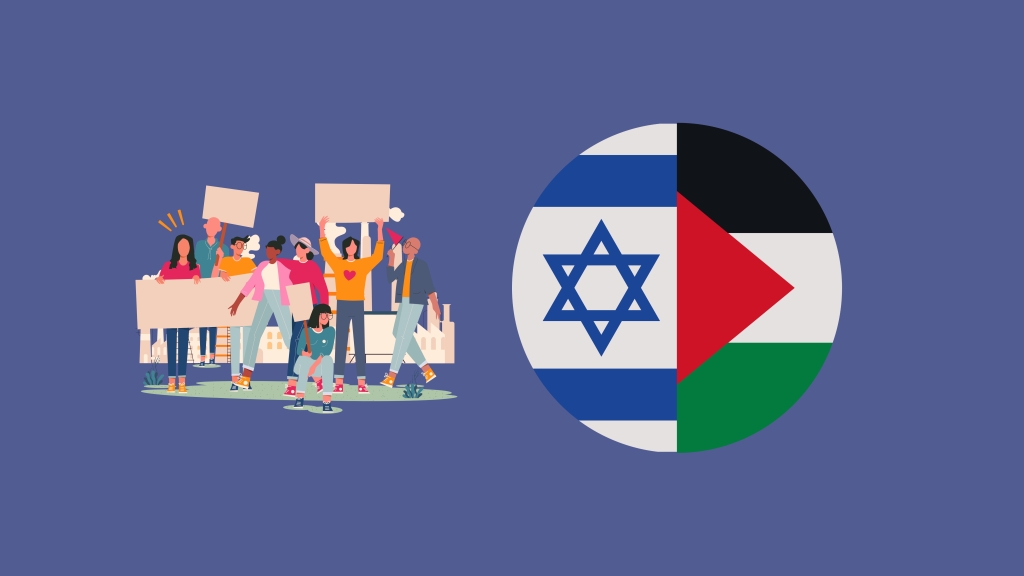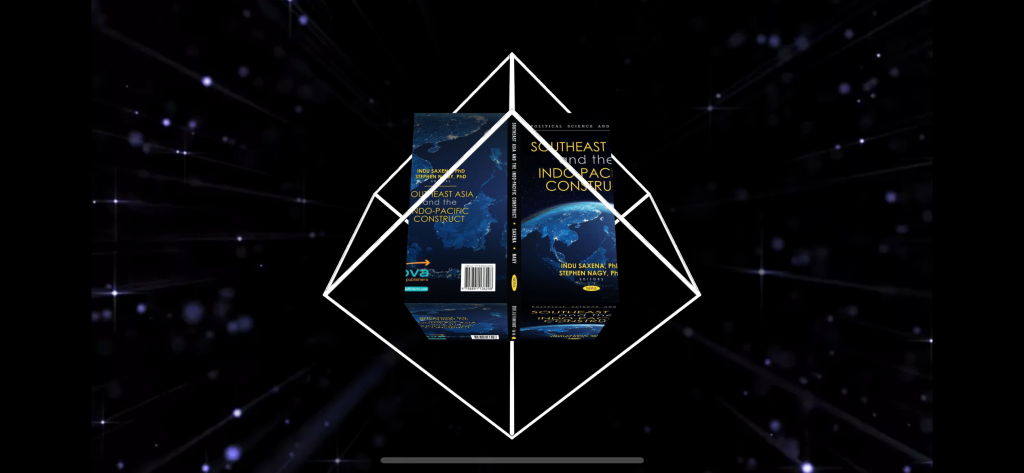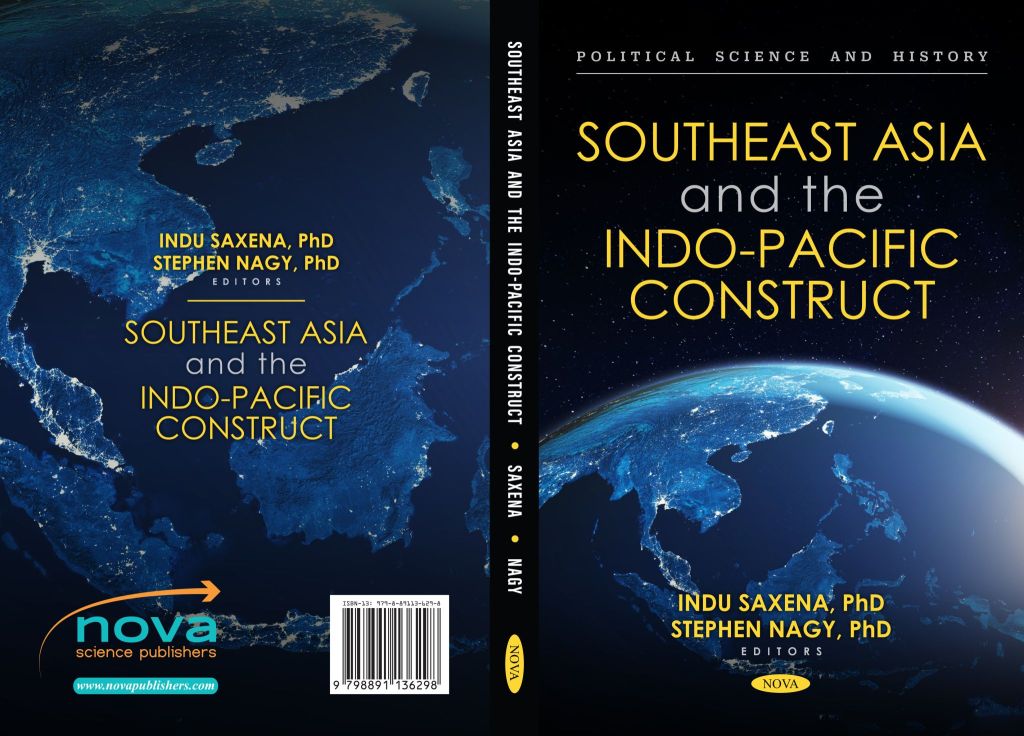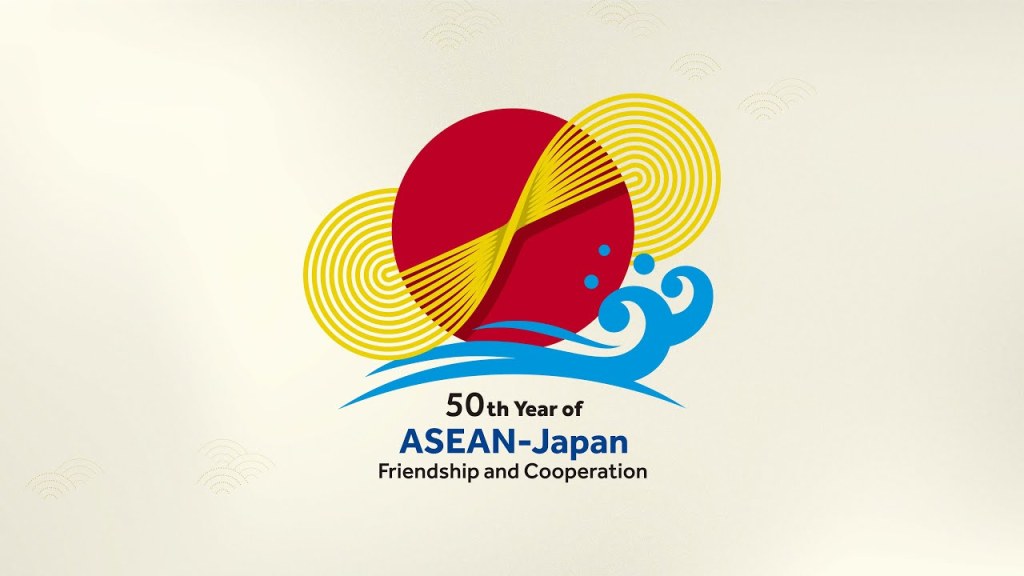It has been shocking and painful to watch the tragedy unfolding between Israelis and Palestinians following Hamas’ brutal attack on Israel on Oct. 7. Around 35,000 Palestinians, and counting, have died in Gaza as Israel continues its defensive operation to wipe out the apocalyptic terrorist organization Hamas. These deaths have been accompanied by starvation, unspoken health issues and conditions that no human should endure.
Make no mistake though, Hamas is a rational actor. It has vowed to destroy Israel and its leaders made the strategic calculation that their attack on the Jewish state would have to be so inhumane, brutal and heinous that Israel could not but respond heavy-handedly.
The Hamas leadership knew that Israel’s response would end up killing thousands of Palestinians in Gaza — a human disaster that they hoped would turn the Middle East and much of the world against Israel. They were right, in part. The operations in Gaza have been condemned worldwide, but only superficially. The dirty secret is that many leaders in the Middle East fear their own people will be infected by the Palestinians’ desire to be liberated, have a representative government and free themselves of subjugation by corrupt elites. As a result, the full-throated support Hamas expected from regional governments has not come.
Hamas’ attacks and Israel’s response have also resulted in uncritical and unbalanced pro-Palestinian protests on university campuses around the world. At International Christian University in Tokyo, where I teach, students have engaged in protests calling for the “Liberation of Palestine” and an end to the “genocide” of the Palestinian people at the hands of Israel supported by the United States and other Western countries.
Most recently, I found a poster on campus advocating for the “Abolishment of Israel.” Calling for the eradication of an entire nation-state is nothing short of hate speech. Our president Shoichiro Iwakiri rightly responded in a letter to students and faculty that advocating for Israel’s abolition is contradictory and lacks an intellectual underpinning of equivalency. You simply cannot call Israel’s operations an act of genocide while advocating for the state’s demise.
As an international relations scholar, equally worrying to me are the unbalanced discussions around the Gaza conflict.
For example, the upcoming Christianity Week on our campus will be hosting a “space for justice,” the “Next Liberation” podcast and events to shed light on “Palestinian realities … emphasizing collective empathy and support.” Events in the space for justice include a vigil in solidarity with Gaza, the screening of “Voices from Palestine,” a live podcast encouraging freedom and justice and highlighting the Palestinian cause and, lastly, an event focused on prayer for a cease-fire in Gaza.
Without question, universities should be places to express indignation and raise uncomfortable truths about the human suffering that Palestinians have faced since Oct. 7 and over the past seven decades.
There is a historical context to why Hamas emerged, to Palestinian suffering and the hypocrisy of some Western countries in relation to the Palestinian cause. To illustrate, let us ask why the U.S. and other allies have sent billions of dollars and arms to Ukraine to defend itself against Russia’s invasion but have not dealt with the Palestinians’ plight.
Clearly, Western countries need to be more consistent in their policies. At the same time, I find it more than awkward, if not contradictory, that these same protesters have little to say about the persecuted Rohingya in Myanmar, Uyghurs in China, Muslims in India, oppressed women in Taliban-run Afghanistan and over the invasion of Ukraine.
The silence on these issues is often overwhelmed, ironically, by criticism of Western hypocrisy in dealing with the Palestinian cause and of the international rules-based order led by the U.S. These protestors certainly seem to support democracy, freedom of speech and human rights fiercely. Are these not the bedrock of the U.S. and its global influence? Yes, nobody is free of hypocrisy.
Notwithstanding, the protests, activities and debates on my and other campuses lack cognitive empathy — the ability to think about people’s situation, feelings and predicaments — for the other side.
Oct. 7 represented an existential threat for Israel and Israelis. Hamas terrorists crossed into the country and executed children, women and men of all ages. They also raped hostages and took many to Gaza. They even filmed the atrocities and shared them online so that people, including their supporters, could see what they did. Some even celebrated the brutalities. There are few families in Israel who have not lose someone or who do not know someone who lost someone that day at the hands of Hamas’ inhumanity.
According to the International Centre for Counter-Terrorism, when we compare the number of casualties in the 9/11 attacks on the U.S. to those of Oct. 7, the Hamas attack was about 15 times the scale of al-Qaeda’s on a per-capita basis.
What country would not feel an existential threat from an adjacent territory launching an attack that took the lives of so many? Why are students uniquely inflamed by what is happening between the Palestinians and Israelis? Are they being taught to apply cognitive empathy to both sides of the conflict? Why are only certain narratives being introduced on campus? Is it appropriate for events to be held that do not include a more comprehensive set of views of the issue at hand? Have peace studies become “hate studies”?
The answers to these questions are complex. The Palestinian people, as they face Israel’s defensive measures, have become the symbol of Western hypocrisy for many. This is fair. The West has not been consistent on this issue. Many see Israel as having been given carte blanche to destroy the people of Gaza. At the same time, being enraged over the Palestinian situation without cognitive empathy for Israel’s response is intellectually, morally and ethically problematic. So is ignoring the reason why Israel was created in the first place, namely to provide a homeland to the Jewish people after the horrors of a real genocide, the Holocaust.
The same can be said of the Palestinian plight. How many more generations must live in squalor before the two-state solution and peaceful coexistence can become a reality? Israel and the powers that created this political tempest must be brought in to find a lasting solution.
Universities must do more to encourage students to be empathetic and engage in balanced discussions.
As Ken Griffin, founder of the U.S. hedge fund Citadel recently commented, referring to American college campuses: “The narrative … has devolved to the level that the system is rigged and unfair, and that America is plagued by systemic racism and systemic injustice.” This is true of Japanese universities as well. Discussions revolving around the Israel-Gaza crisis are not black and white, but are embedded in centuries of interactions, war and people’s and leaders’ choices. Universities and their faculties have to do a better job teaching critical thinking to their students.
This article was first published on May 15, 2024, at The Japan Times.





Leave a comment